
Sir Michael Scudamore Redgrave CBE was an English actor and filmmaker. Beginning his career in theatre, he first appeared in the West End in 1937. He made his film debut in Alfred Hitchcock's The Lady Vanishes in 1938.

Sir John Mills was an English actor who appeared in more than 120 films in a career spanning seven decades. He excelled on camera as an appealing British everyman who often portrayed guileless, wounded war heroes. In 1971, he received the Academy Award for Best Supporting Actor for his performance in Ryan's Daughter.

Michael Charles Gauntlet Wilding was an English stage, television, and film actor. He is best known for a series of films he made with Anna Neagle; he also made two films with Alfred Hitchcock, Under Capricorn (1949) and Stage Fright (1950); and he guest starred on Hitchcock's TV show in 1963. He was married four times, including to Elizabeth Taylor, with whom he had two sons.

William Thomson Hay was an English comedian who wrote and acted in a schoolmaster sketch that later transferred to the screen, where he also played other authority figures with comic failings. His film Oh, Mr. Porter! (1937), made by Gainsborough Pictures, is often cited as the supreme British-produced film-comedy, and in 1938 he was the third highest-grossing star in the UK. Many comedians have acknowledged him as a major influence. Hay was also a keen amateur astronomer.
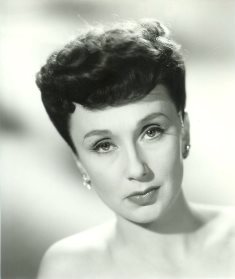
Georgette Lizette "Googie" Withers, CBE, AO was an English entertainer. She was a dancer and actress, with a lengthy career spanning some nine decades in theatre, film, and television. She was a well-known actress and star of British films during and after the Second World War.
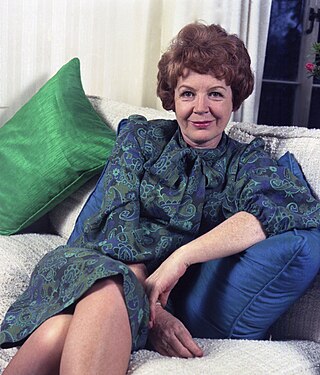
Phyllis Hannah Murray-Hill, known professionally as Phyllis Calvert, was an English film, stage and television actress. She was one of the leading stars of the Gainsborough melodramas of the 1940s such as The Man in Grey (1943) and was one of the most popular movie stars in Britain in the 1940s. She continued her acting career for another 50 years.
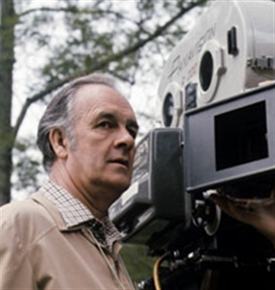
Donald Herman Sharp was an Australian film director.
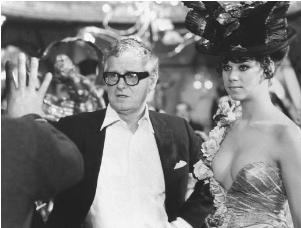
Basil Dearden was an English film director.
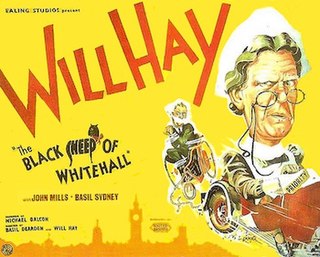
The Black Sheep of Whitehall is a 1942 British black-and-white comedy war film, directed by Will Hay and Basil Dearden, starring Will Hay, John Mills, Basil Sydney and Thora Hird in her screen debut. It was produced by Michael Balcon and Ealing Studios.
Leslie Armande Norman was an English post-war film director, producer and editor who also worked extensively on 1960s television series later in his career.
Charles Herbert Frend was an English film director and editor, best known for his films produced at Ealing Studios. He began directing in the early 1940s and is known for such films as Scott of the Antarctic (1948) and The Cruel Sea (1953).
Ian Dalrymple was a British screenwriter, film director, film editor and film producer.
Leslie Arliss was an English screenwriter and director. He is best known for his work on the Gainsborough melodramas directing films such as The Man in Grey and The Wicked Lady during the 1940s.
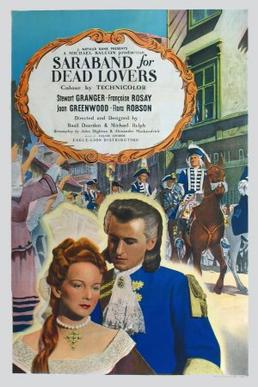
Saraband for Dead Lovers is a 1948 British adventure historical drama film directed by Basil Dearden and starring Stewart Granger and Joan Greenwood. It is based on the 1935 novel by Helen Simpson. Set in 17th-century Hanover, it depicts the doomed romance between Philip Christoph von Königsmarck and Sophia Dorothea of Celle, the wife of the electoral prince of Hanover. The saraband mentioned in the title is a type of Spanish dance.

Ronald Alfred Shiner was a British stand-up comedian and comedy actor whose career encompassed film, West End theatre and music hall.
Edward Black was a British film producer, best known for being head of production at Gainsborough Studios in the late 1930s and early 1940s, during which time he oversaw production of the Gainsborough melodramas. He also produced such classic films as The Lady Vanishes (1938).
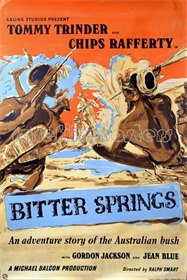
Bitter Springs is a 1950 Australian–British film directed by Ralph Smart. An Australian pioneer family leases a piece of land from the government in the Australian outback in 1900 and hires two inexperienced British men as drovers. Problems with local Aboriginal people arise over the possession of a waterhole. Much of the film was shot on location in the Flinders Ranges in South Australia

Margaret Johnston was an Australian actress. Johnston was best known for her stage performances, but also appeared in 12 films and a handful of TV productions before retiring from acting in 1968 to devote herself to running a theatrical agency.
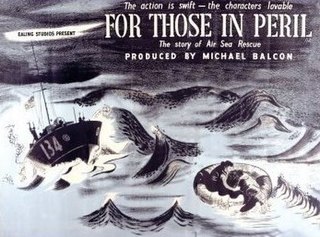
For Those in Peril is a 1944 British war film produced by Ealing Studios that marked the directorial debut of Charles Crichton. The film was developed from a short story by Richard Hillary, an RAF pilot killed in action in January 1943. The basic and relatively slight storyline of For Those in Peril was an end to produce a film with a documentary feel and an element of wartime propaganda. The film stars Ralph Michael and David Farrar.
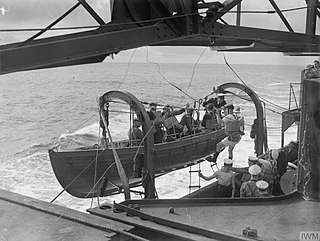
The Blockade of Germany (1939–1945), also known as the Economic War, involved operations carried out during World War II by the British Empire and by France in order to restrict the supplies of minerals, fuel, metals, food and textiles needed by Nazi Germany – and later by Fascist Italy – in order to sustain their war efforts. The economic war consisted mainly of a naval blockade, which formed part of the wider Battle of the Atlantic, but also included the bombing of economically important targets and the preclusive buying of war materials from neutral countries in order to prevent their sale to the Axis powers.














